qí, jì
ride horseback
Phonosemantic compound. 马 represents the meaning and 奇 represents the sound. Simplified form of 騎.
Evolution

Bronze script
Warring States (475-221 BC)
Seal script
Shuowen (~100 AD)
Clerical script
Eastern Han dynasty (25-220 AD)Traditional script
ModernSimplified script
ModernDefinitions
Most common words with 骑
Freq. | Word | Meaning |
|---|---|---|
to sit astride | ||
horseman | ||
cavalry | ||
to ride a horse | ||
to cycle |
Sources
